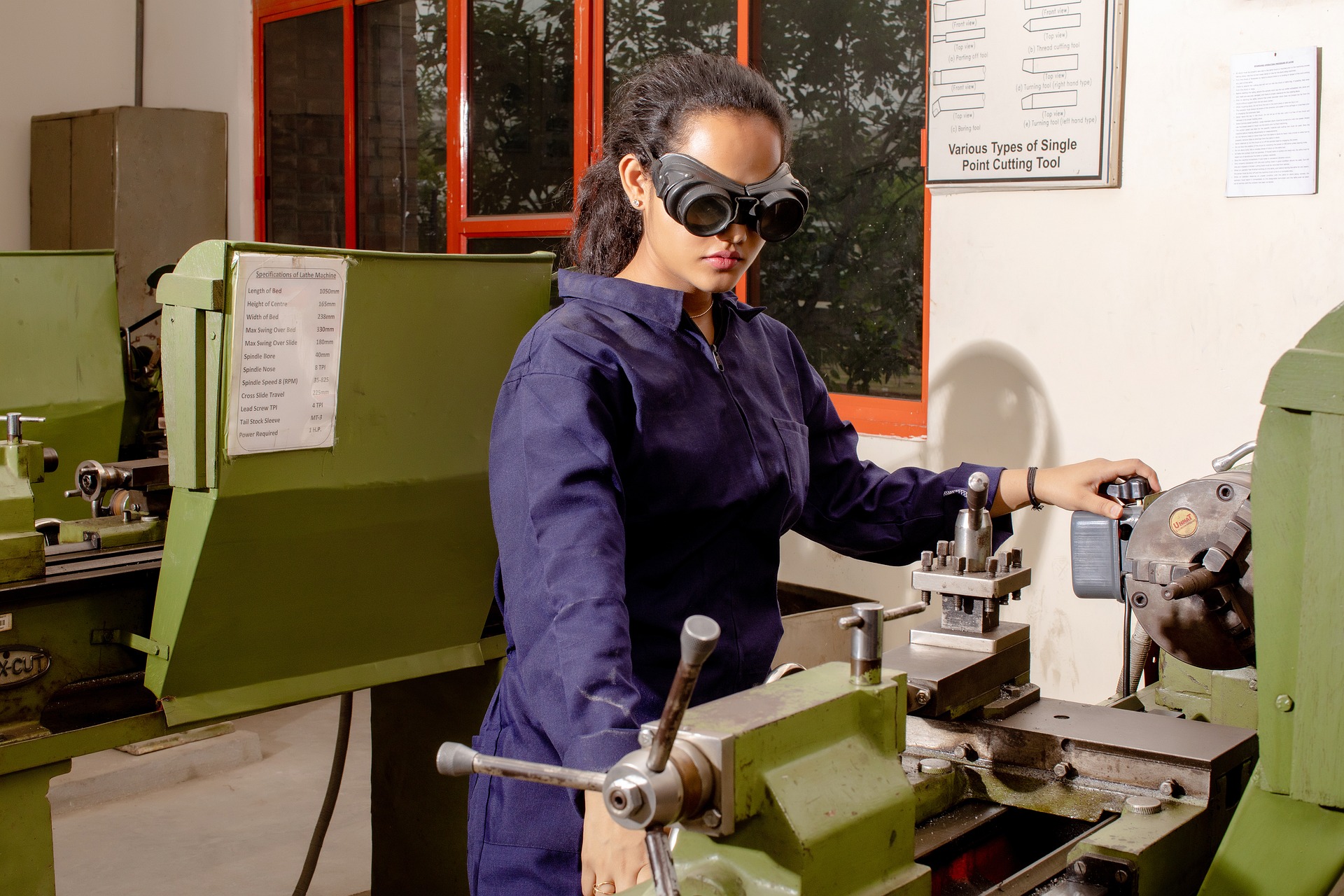Exploring welding jobs in Netherlands: opportunities and challenges
The welding industry in the Netherlands plays a crucial role in various sectors, including manufacturing, construction, and offshore operations. This article examines the current landscape of welding careers in the country, highlighting both opportunities and challenges for professionals in this field.

What are the current market conditions for welders in the Netherlands?
The Dutch welding industry has experienced steady growth in recent years, driven by ongoing infrastructure projects and the country’s strong manufacturing sector. However, the market faces a skilled labor shortage, creating a complex environment for both employers and job seekers.
The demand for qualified welders remains high, particularly in specialized areas such as underwater welding and high-precision manufacturing. This demand is partly due to an aging workforce and the need for technologically adept professionals to work with advanced welding techniques and equipment.
Despite the opportunities, the industry also faces challenges related to global economic fluctuations and the impact of automation on certain welding processes. These factors contribute to a dynamic job market that requires welders to continuously adapt and enhance their skills.
What training and professional qualifications are required for welding jobs?
To pursue a welding career in the Netherlands, individuals typically need to complete vocational training or apprenticeship programs. The most common educational path is through MBO (Middelbaar Beroepsonderwijs) courses, which offer practical training in welding techniques and safety procedures.
Professional certifications play a significant role in the Dutch welding industry. The Nederlands Instituut voor Lastechniek (NIL) provides various certification levels, from basic welding skills to advanced specializations. These certifications are often required by employers and help welders demonstrate their expertise in specific welding processes.
Continuous professional development is essential in this field. Welders are encouraged to stay updated on new technologies and techniques through workshops, seminars, and additional certifications. Knowledge of international welding standards, such as those set by the International Institute of Welding (IIW), can also enhance career prospects, especially for those interested in working on global projects.
How does financial compensation in the welding industry compare?
Welding jobs in the Netherlands offer competitive salaries, with compensation varying based on experience, specialization, and industry sector. Entry-level welders can expect to earn around €25,000 to €30,000 annually, while experienced professionals in specialized fields may earn €50,000 or more per year.
Factors influencing salary include:
-
Level of certification and expertise
-
Years of experience
-
Industry sector (e.g., offshore welding typically offers higher pay)
-
Complexity of projects and required skills
-
Overtime and shift work opportunities
| Experience Level | Estimated Annual Salary Range (€) |
|---|---|
| Entry-level | 25,000 - 30,000 |
| Mid-level | 30,000 - 45,000 |
| Senior/Specialist | 45,000 - 60,000+ |
Prices, rates, or cost estimates mentioned in this article are based on the latest available information but may change over time. Independent research is advised before making financial decisions.
It’s important to note that these figures are general estimates and can vary significantly based on individual circumstances and market conditions.
What professional challenges do welders face in Dutch careers?
Welders in the Netherlands encounter several professional challenges:
-
Technological advancements: The rapid evolution of welding technologies requires continuous learning and adaptation.
-
Physical demands: Welding often involves working in challenging environments and maintaining awkward positions for extended periods.
-
Safety concerns: Despite strict regulations, welders must remain vigilant about occupational hazards such as exposure to fumes and radiation.
-
Language barriers: For international welders, Dutch language proficiency may be required, especially for communication and safety purposes.
-
Work-life balance: Some welding jobs, particularly in offshore or construction sectors, may involve long hours and extended periods away from home.
-
Competition: The influx of skilled welders from other EU countries can increase job market competition.
Addressing these challenges often requires a combination of ongoing training, networking, and personal development to remain competitive in the field.
Which industry sectors offer employment opportunities for welders?
Welding professionals in the Netherlands can find opportunities across various sectors:
-
Manufacturing: Including automotive, aerospace, and machinery production.
-
Construction: Both residential and commercial building projects.
-
Shipbuilding: A traditional Dutch industry that continues to require skilled welders.
-
Offshore and Energy: Oil and gas platforms, wind turbine construction, and maintenance.
-
Infrastructure: Bridge construction, railway maintenance, and public works projects.
-
Food and Chemical Processing: Equipment fabrication and maintenance for processing plants.
Each sector may have specific requirements and offer different career progression paths. Welders who specialize in multiple areas or niche techniques often have increased employability and career flexibility.
In conclusion, the welding industry in the Netherlands presents a mix of opportunities and challenges. While the demand for skilled welders remains strong, professionals must navigate a changing landscape influenced by technological advancements and economic factors. Success in this field often depends on a combination of technical expertise, adaptability, and continuous professional development.




